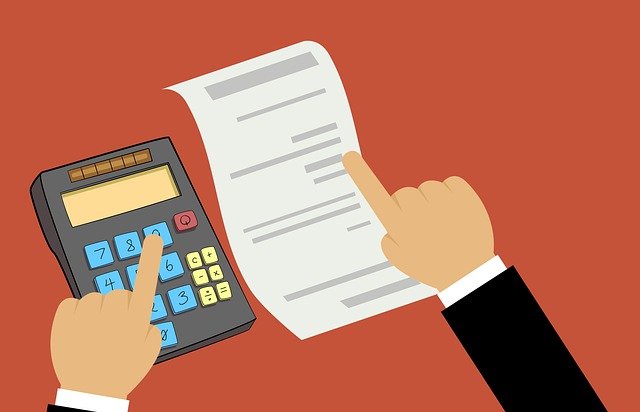
Inflation has been the keyword of the year so far. In 2022, we’ve seen a forty-year record high inflation of six percent. The Federal Reserve has addressed this issue and had announced a plan to counter it. Starting in March, the Fed would slow its Covid aid, buy less Treasury bonds, and hike up interest rates. All of this is par-for-the-course, and the Fed is the best suited to deal with inflation of this magnitude.
But that still leaves the question of taxes. Tax season doesn’t wait for anyone, and inflation or no inflation, it come every year. How are taxes affected by inflation? The answer is that seniors’ tax brackets adjust for inflation, as reported by CNBC’s Kate Dore.
Adjusted Brackets
It can be fun to imagine the Internal Revenue Service (IRS) using tax brackets like the brackets used in sports tournaments — “April Madness,” with accountants and IRS agents working overtime to see which brackets advance. The reality of the situation might not be as exciting (unless you’re an accountant) but dealing with tax brackets can be tricky work. A tax bracket is simple the range of income that are taxable.
In 2022, tax brackets adjust for inflation, thanks to the IRS. However, retirement accounts like 401ks and Roth IRAs, and the tax rates on Social Security benefits remain the same. The individual tax brackets remain the same percentage wise, but the IRS’ actions will raise the standard deductions for heads-of-households, single, and joint filers. The standard deduction for married couples will go up $800. Single filers will have a $400 higher standard deduction. Finally, heads-of-household have a standard deduction increase of $600.
Higher Inflation, High Taxes?
Despite the tax brackets adjusted for inflation, and the adjusted standard deduction, can inflation still increase our taxes? The answer to this question is difficult to answer, and the current consensus is that it will lead to higher taxes over time.
In times of inflation, reduced wage growth and poor return on investment can create higher levies, as state taxes tend to be slower adjusting for inflation. There’s the potential for higher earners to receive a tax hike as well, as high tax brackets also have minimal adjustments for inflation. So, whether higher inflation may result in you having to pay higher taxes simply depends on your tax bracket and your specific state taxes. The highest federal tax bracket is 37 percent, for earners that make $539,900 or more.
Stay on Top of the Bottom Line
Everything is connected to one another, especially the crisis that we’ve seen from 2020 to now. Inflation is a natural result of the pandemic, and we’re used to tax season by now. For seniors in any tax bracket, knowing how inflation can affect their bottom line is beneficial. Staying on top of our Social Security benefits, our retirement finances, and our taxes will allow us to prosper well into the future. The Council for Retirement Security is dedicated to protecting Social Security, so seniors can still rely on their benefits regardless of economic inflation or their tax bracket.



